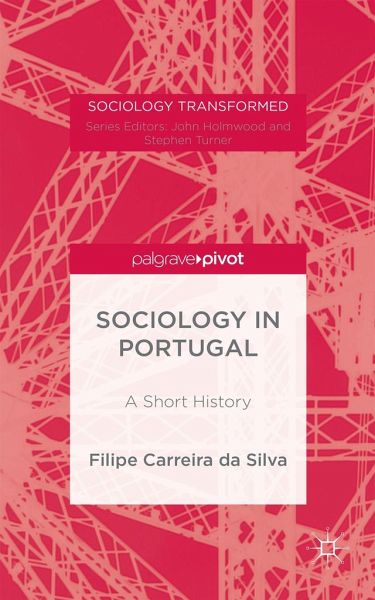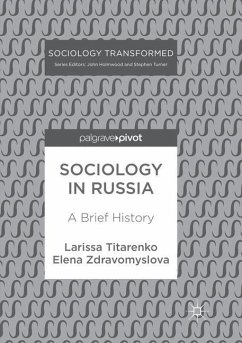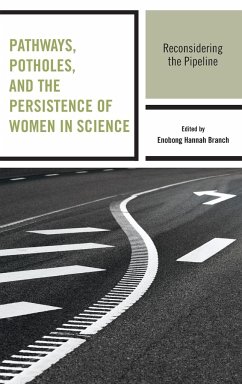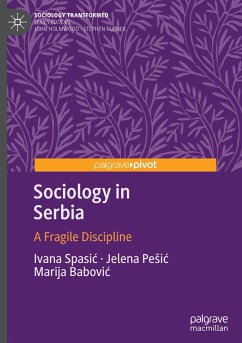
Portuguese Sociology
A History
Versandkostenfrei!
Versandfertig in 6-10 Tagen
38,99 €
inkl. MwSt.

PAYBACK Punkte
19 °P sammeln!
Sociology in Portugal provides the first English-language account of the history of sociology in Portugal from 1945 to the present day. Banned by the fascist regime until 1974, the institutionalization of sociology as an academic discipline came relatively late. Understanding academic disciplines as institutionalized struggles over meaning, Filipe Carreira da Silva gives a genealogy of sociology in Portugal from its origins in the political-administrative interstices of a dictatorship, through the 'cyclopean moment' of the political revolution of April 1974, which brought about its swift insti...
Sociology in Portugal provides the first English-language account of the history of sociology in Portugal from 1945 to the present day. Banned by the fascist regime until 1974, the institutionalization of sociology as an academic discipline came relatively late. Understanding academic disciplines as institutionalized struggles over meaning, Filipe Carreira da Silva gives a genealogy of sociology in Portugal from its origins in the political-administrative interstices of a dictatorship, through the 'cyclopean moment' of the political revolution of April 1974, which brought about its swift institutionalization and subsequent consolidation in the new democratic regime, to the challenges posed by internationalization since the 1990s. Attempts to define Portugal itself, he demonstrates, have been at the heart of these struggles. Analyzing agents, institutions, contexts, instruments and ideas, Carreira da Silva shows in fascinating detail how the sociological understanding of Portugal evolved from that of a developing society in the 1960s, to that of a modernizing European social formation in the 1980s, to the post-colonial or post-imperial Portugal of today.












